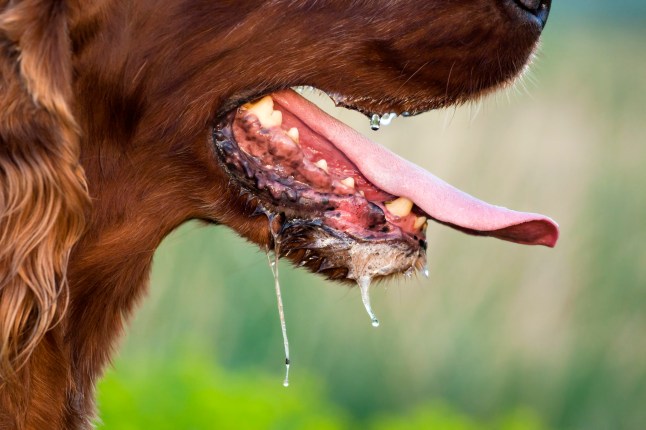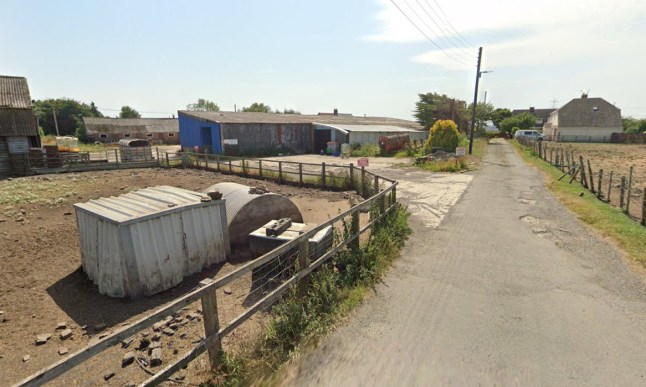
A British national has died in Yorkshire from rabies after ‘contact’ with a stray dog while on holiday in Morocco.
The person, which the Barnsley Chronicle reported is a woman from the area, was diagnosed at Barnsley Hospital after visiting the North African country.
Precautionary measures are now being taken to prevent the spread in the region.
Close contacts of the victim and health workers are being assessed, health authorities confirmed.
In a statement announcing the case, the UK Health Security Agency said: ‘There is no risk to the wider public as there is no documented evidence of rabies passing between people.’
Sign up for all of the latest stories
Start your day informed with Metro’s News Updates newsletter or get Breaking News alerts the moment it happens.
Dr Katherine Russell, head of emerging infections and zoonoses at UKHSA, said at UKHSA, said: ‘I would like to extend my condolences to their family at this time.


‘If you are bitten, scratched or licked by an animal in a country where rabies is found then you should wash the wound or site of exposure with plenty of soap and water and seek medical advice without delay in order to get post-exposure treatment to prevent rabies.
‘There is no risk to the wider public in relation to this case. Human cases of rabies are extremely rare in the UK, and worldwide there are no documented instances of direct human-to-human transmission.’
Rabies symptoms
- Initial symptoms can include anxiety, headaches and fever
- There may be hallucinations and respiratory failure if it develops
- Spasms of the muscles used for swallowing make it difficult for the patient to drink
- The incubation period between being infected and showing symptoms is between three and 12 weeks
- If you are bitten, scratched or licked by an animal you must wash the wound or site of exposure with plenty of soap and water and seek medical advice without delay
- Once symptoms have developed, rabies is almost always fatal
- Before symptoms develop, rabies can be treated with a course of vaccine – this is “extremely effective” when given promptly after a bite – along with rabies immunoglobulin if required
- Every year, more than 15m people worldwide receive a post-bite vaccination and this is estimated to prevent hundreds of thousands of deaths
- Pre-exposure immunisation is recommended for people in certain high-risk occupations and for travellers to rabies-affected, remote areas
- But effective treatment for rabies is not readily available to those in need
UKHSA/World Health Organisation
In November 2018, a British national died after contracting rabies while on holiday in Morocco.
The victim was infected after being bitten by a cat, according to Public Health England.
Prior to this, the last recorded rabies death in the UK was in 2002, involving a bat handler.
The disease occurs in more than 150 countries and causes tens of thousands of deaths every year, mainly in Asia and Africa, according to the World Health Organisation (WHO).
In contrast, countries like Japan, Australia and the UK have largely eliminated rabies through control programmes and vaccination.
Domestic dogs are responsible for the transmission of rabies to humans in 99% of cases.
Got a story? Get in touch with our news team by emailing us at webnews@metro.co.uk. Or you can submit your videos and pictures here.
For more stories like this, check our news page.
Follow Metro.co.uk on Twitter and Facebook for the latest news updates. You can now also get Metro.co.uk articles sent straight to your device. Sign up for our daily push alerts here.


